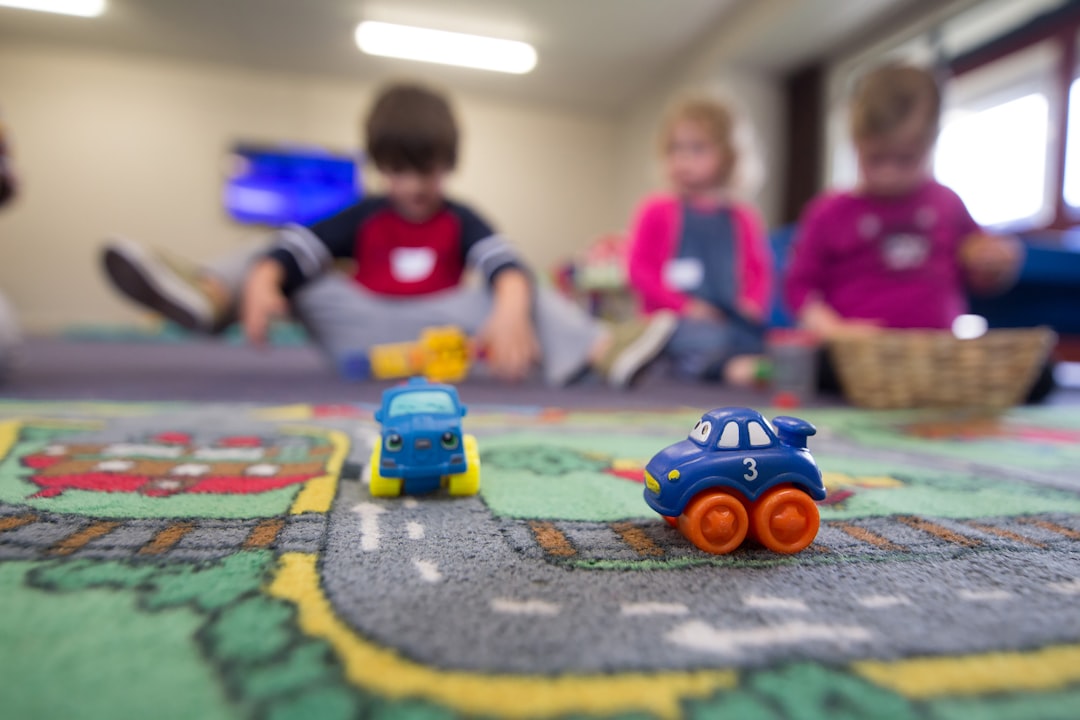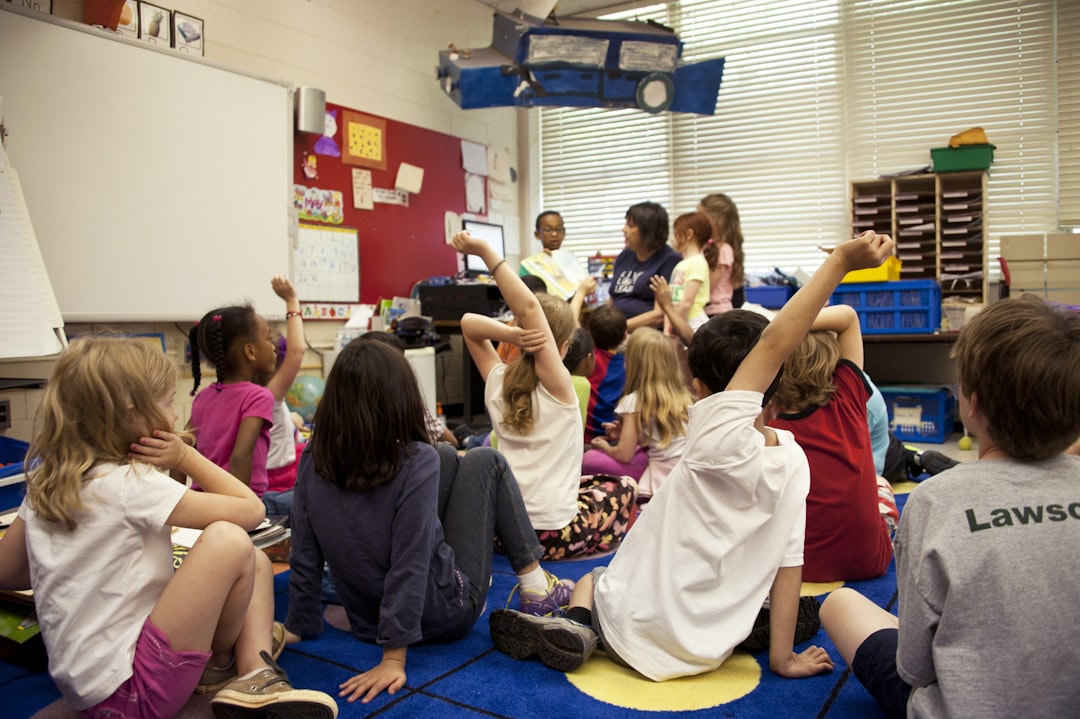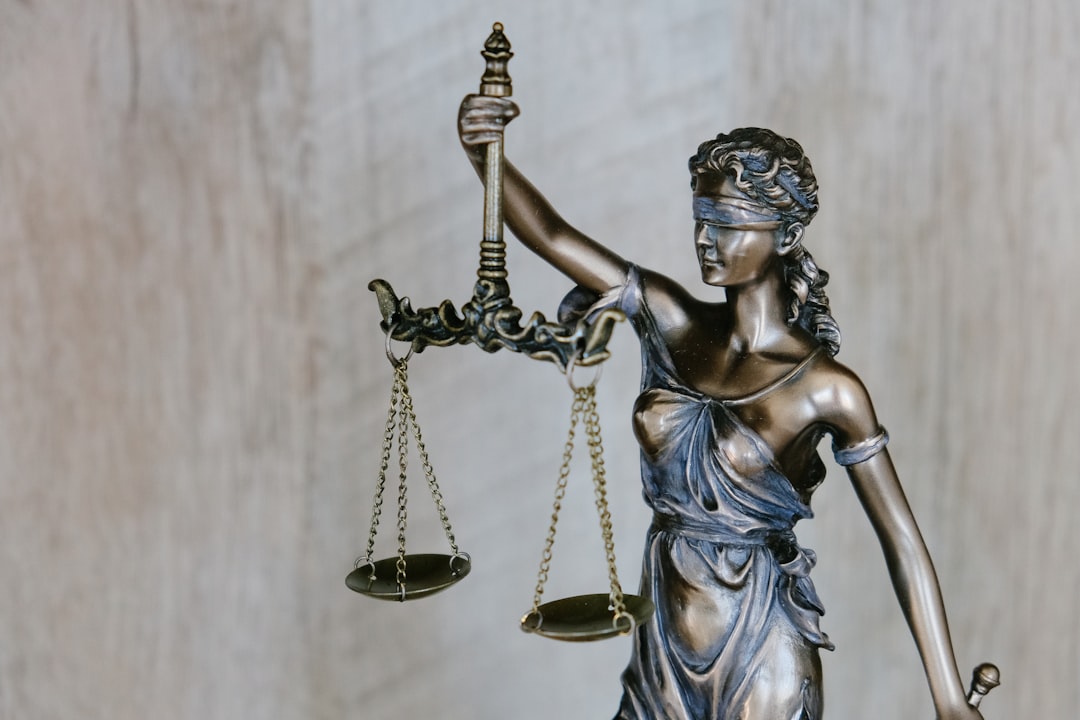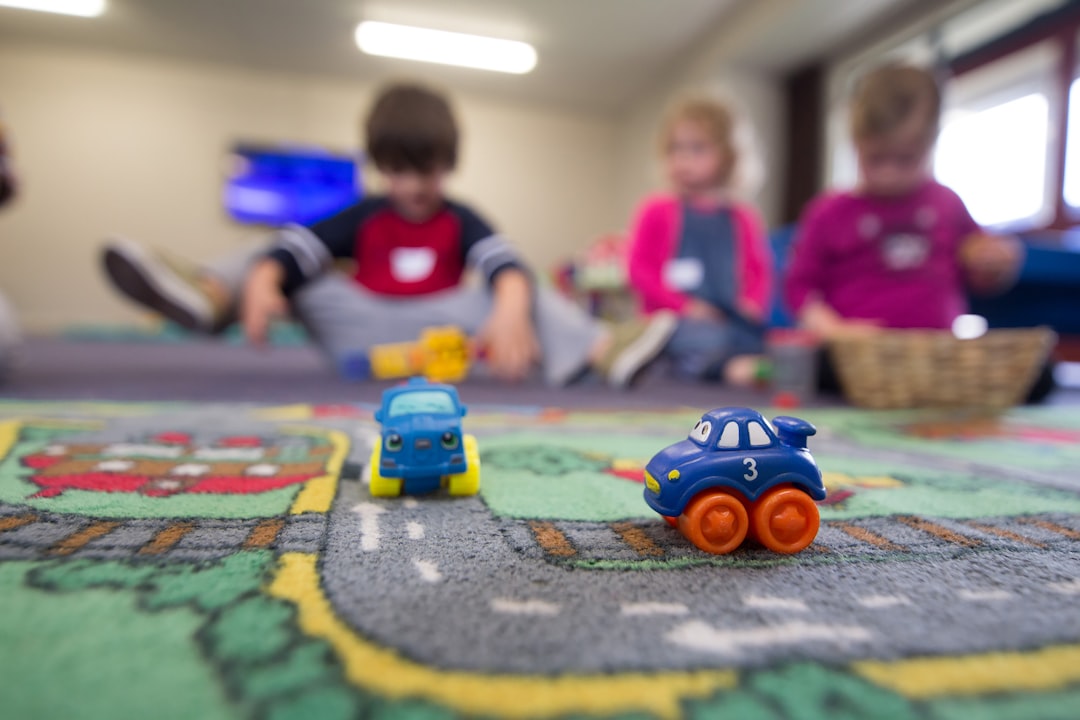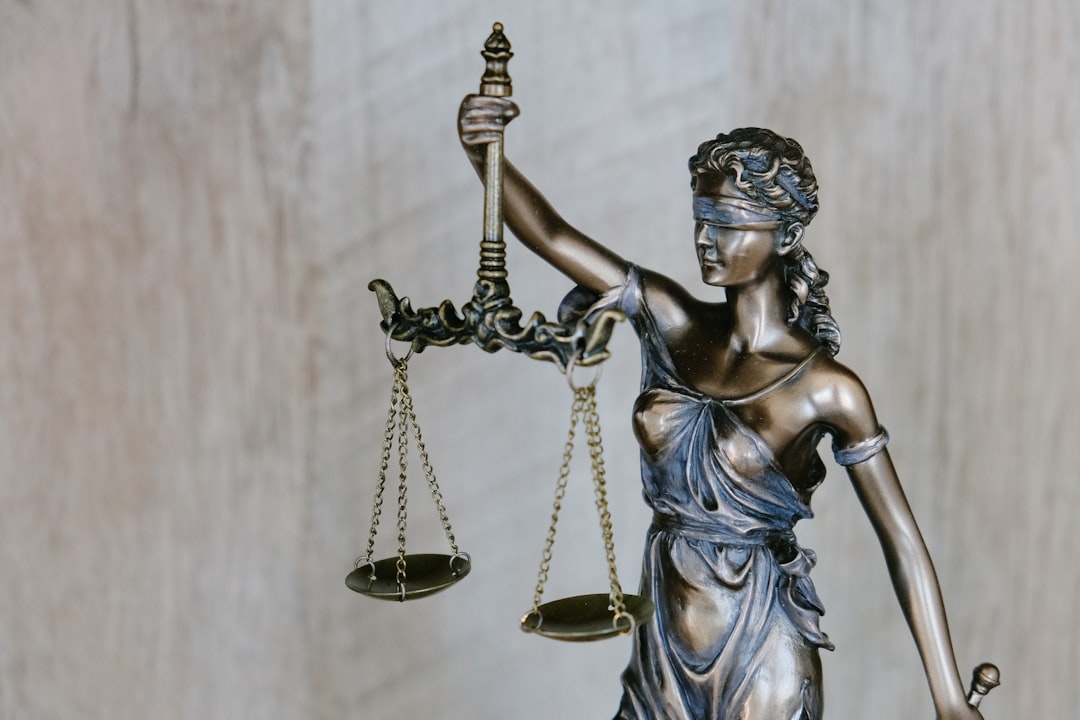“In New York, safeguarding children in daycare settings is paramount. Daycare abuse, though often overlooked, can have profound impacts on young lives. This comprehensive guide delves into the legal intricacies of defending victims, with a focus on the roles of a daycare abuse lawyer and the steps to take after discovering misconduct. We explore common scenarios, prevention strategies, and support systems available in NY, empowering parents and caregivers to protect our future generations.”
Understanding Daycare Abuse: Legal Definition and Common Scenarios in New York
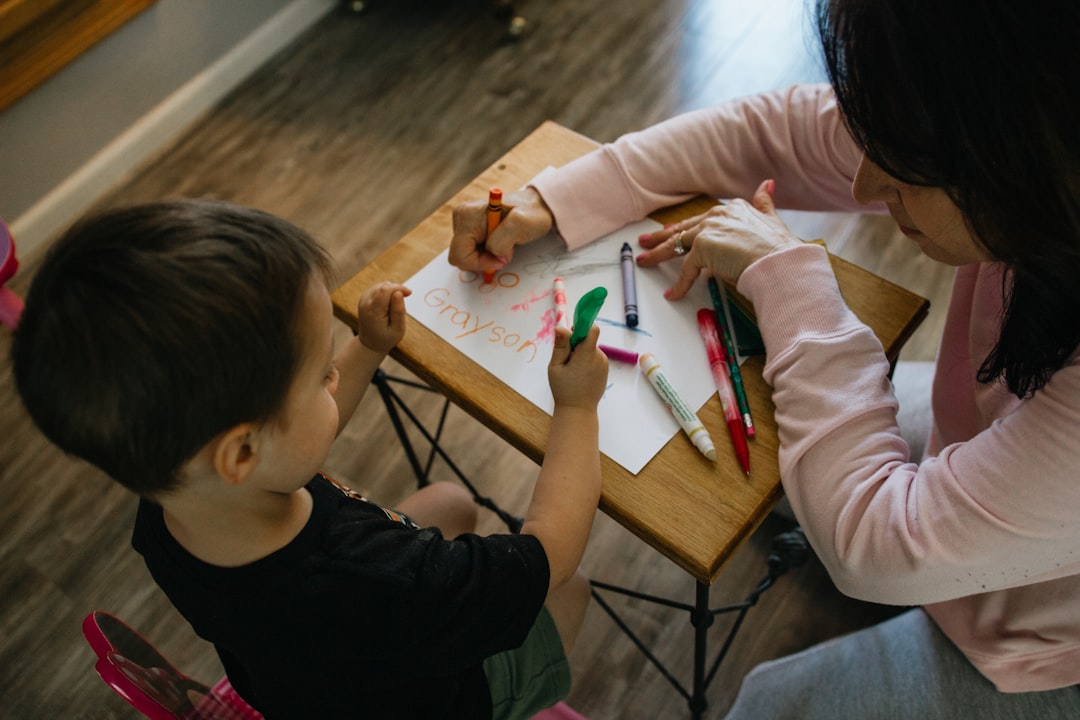
Daycare abuse is a serious issue that can have lasting effects on young children. In New York, daycare abuse is legally defined as any form of physical, emotional, or sexual misconduct committed against a child in a daycare setting by a caregiver or staff member. This includes actions such as excessive punishment, neglect, and inappropriate sexual behavior.
Common scenarios of daycare abuse in New York include instances where caregivers fail to meet the basic needs of children, such as providing adequate food, clean clothing, or medical care. Additionally, emotional abuse can manifest as belittling, yelling, or ignoring a child consistently. Sexual abuse, though less frequently reported, can involve inappropriate touching, exhibitionism, or any form of non-consensual sexual activity. A daycare abuse lawyer in New York is crucial for victims and their families to ensure justice and hold accountable those responsible for such crimes against children.
The Role of a Daycare Abuse Lawyer: Navigating the Legal System for Justice

When a child suffers abuse while in daycare, it’s crucial to have a dedicated advocate on their side. A daycare abuse lawyer in New York plays a vital role in navigating the complex legal system, ensuring that justice is served and the rights of the victim are protected. They possess extensive knowledge of state laws and regulations pertaining to childcare facilities, enabling them to build strong cases against negligent or abusive caregivers.
These attorneys guide parents and guardians every step of the way, explaining their legal options and rights. From gathering evidence to interviewing witnesses, they collect crucial information that can lead to successful lawsuits or criminal charges. Their expertise in handling such cases helps secure compensation for the victims’ physical and emotional trauma, ensuring they receive the support needed for recovery.
Protecting Victims' Rights: Steps to Take After Discovering Daycare Misconduct
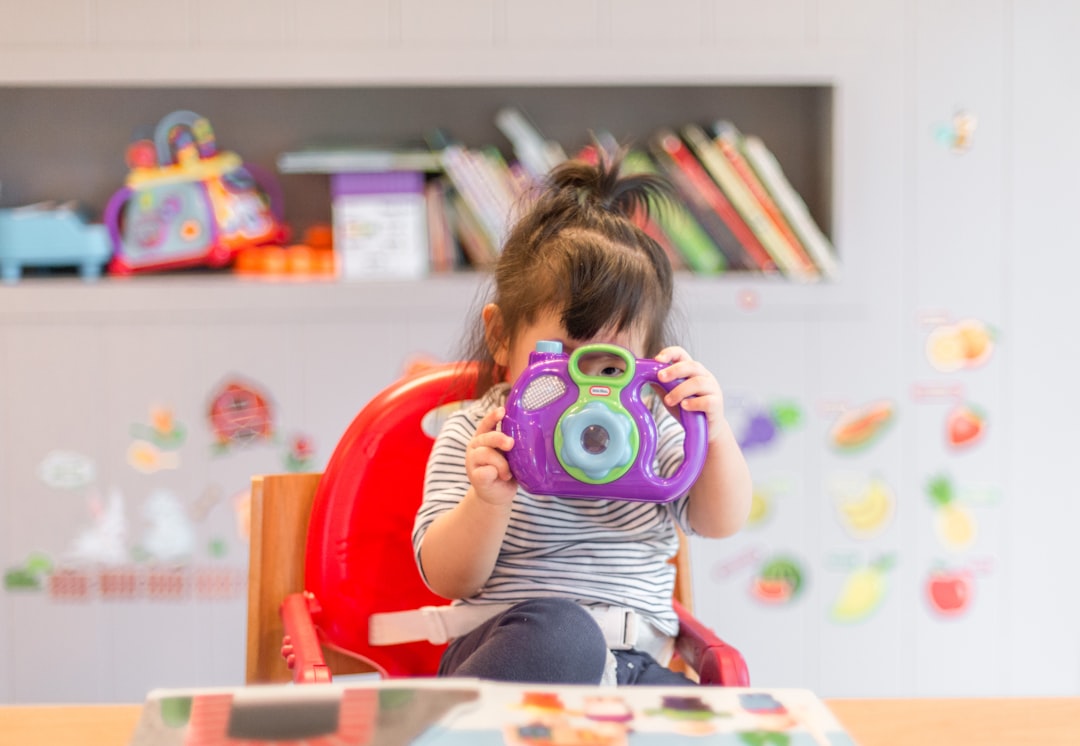
If you suspect or have discovered daycare misconduct in New York, it’s crucial to take immediate action to protect the rights of the victims. The first step is to ensure their safety and remove them from the abusive environment. This might involve contacting local child protective services to report the abuse and request an investigation.
Next, consulting a skilled daycare abuse lawyer in New York is essential. Legal professionals specializing in this area can guide you through the legal processes, help gather evidence, and represent the victims’ interests. They will work to hold the responsible parties accountable and ensure that justice is served for the harm caused.
Prevention and Support: Ensuring Safety in New York's Daycare Facilities
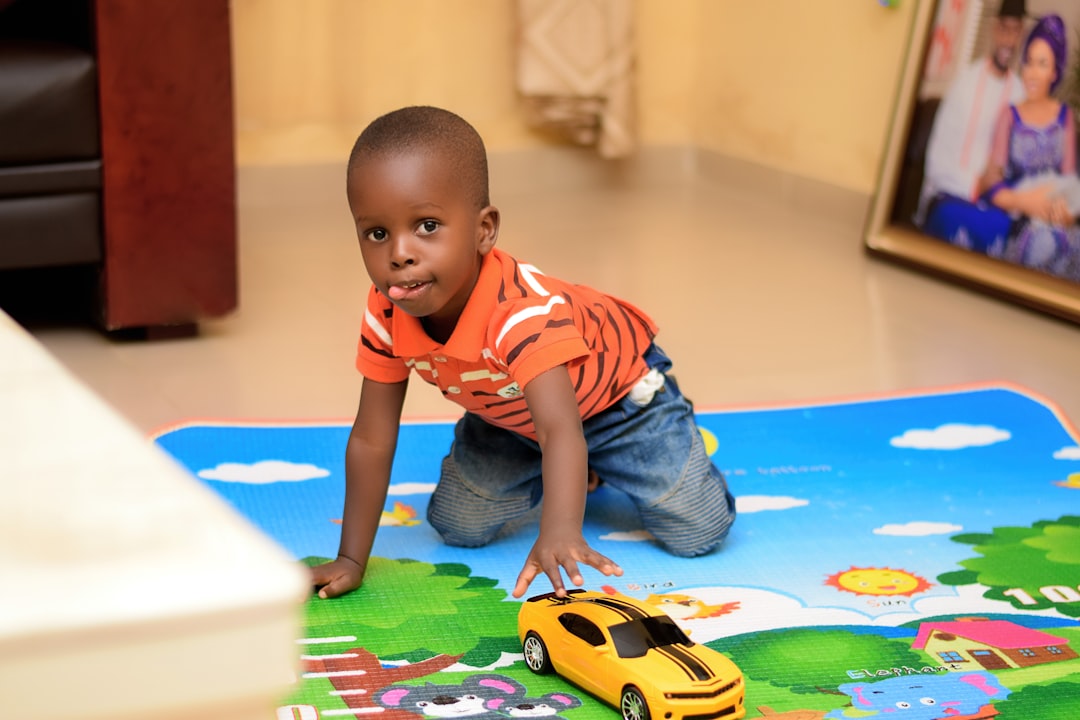
Preventing daycare abuse is a multifaceted effort that requires the collaboration of parents, caregivers, and legal professionals. In New York, where the law places a high priority on child safety, several measures are in place to safeguard children in daycare settings. These include rigorous background checks for staff members, mandatory reporting of any suspected abuse or neglect, and regular unannounced inspections by state authorities.
Support systems are also crucial to help victims of daycare abuse heal and rebuild their lives. Many organizations offer counseling services and legal aid to families affected by such incidents. A daycare abuse lawyer in New York can play a vital role in navigating the complex legal system, ensuring that justice is served and the rights of victims and their families are protected.
